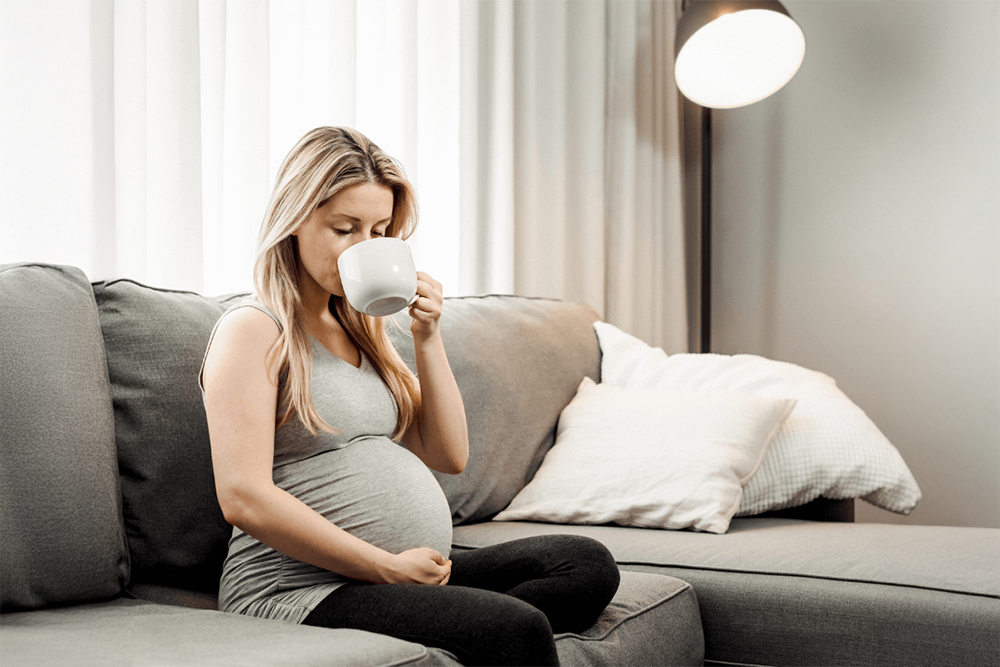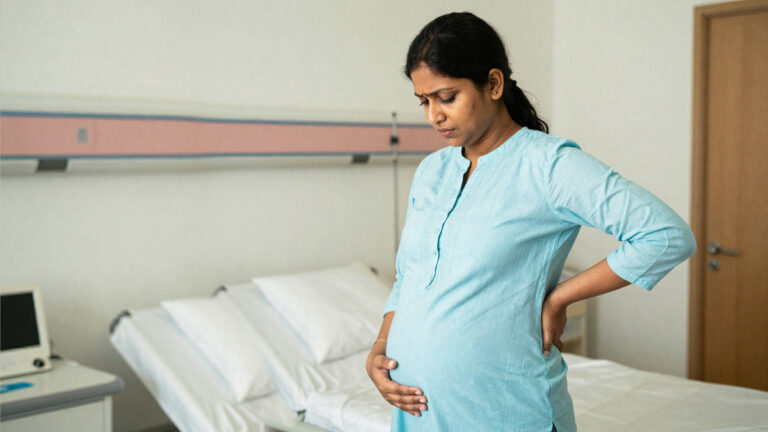For many, a cup of coffee is a morning ritual. But during pregnancy, this simple habit often raises flags. Expecting moms frequently hear mixed advice—some say it’s okay, while others warn against it. This can lead to confusion and stress, especially for big coffee lovers.
Today’s blog addresses these concerns. We’ll explore scientific facts behind drinking coffee during pregnancy and what experts recommend. We’ll also dig into how caffeine affects the body and the developing baby. By the end, you’ll have a clearer understanding of how to balance coffee enjoyment with a healthy pregnancy. Let’s dive deeper into the facts and recommendations, making this sensitive decision a bit easier.
Caffeine and Its Effects on Pregnancy: A Deep Dive
Caffeine is a stimulant that effortlessly crosses the placenta—the barrier that connects a mother and her baby. This means that when you consume coffee during pregnancy, the caffeine finds its way to the growing fetus. Unfortunately, babies don’t metabolize caffeine as efficiently as adults do.
The slowness in breaking down caffeine can affect the baby’s heart rate and breathing. While it’s not entirely understood, researchers believe that excess caffeine may alter fetal development. It could be due to a delay in the central nervous system maturation.
• When a pregnant woman drinks coffee, the caffeine doesn’t just stop with her.
• It continues on to the baby, who takes longer to break it down.
These effects make understanding coffee during pregnancy a complex issue. Further implications potentially include changes in heart rate patterns or respiratory stability. Keeping an eye on caffeine intake helps ensure both mom and little one stay healthy throughout pregnancy.
Research Insights on Coffee During Pregnancy
Several observational studies have dug into coffee during pregnancy, linking caffeine to various pregnancy outcomes. While more research is needed, these findings offer insight and guidelines.
First, let’s touch on miscarriage risks. Studies suggest that consuming too much caffeine might increase these risks. However, results vary based on how much caffeine is consumed. Generally, a lower intake is considered safer.
Second, caffeine has been associated with lower birth weights and growth restrictions. Some studies point out that exceeding recommended caffeine levels could impact growth.
Lastly, recent research focuses on caffeine’s influence on the child’s neurodevelopment. This includes aspects like childhood behavior and attention spans.
Balancing consumption while pregnant can lessen these risks, allowing mothers to enjoy a little coffee while being mindful of their babies’ health.
Global Guidelines and Expert Recommendations
Various health organizations have shared guidelines on coffee during pregnancy. Understanding these can help new moms make informed choices.
The American College of Obstetricians and Gynecologists (ACOG) suggests keeping your caffeine intake under 200 mg a day. This translates to about one 12-ounce cup of coffee. The World Health Organization (WHO) shares similar recommendations.
While some organizations allow slightly more, the general consensus aligns pretty closely. Experts agree that moderation is key. Adhering to these recommendations can reduce potential risks without completely cutting off coffee enjoyment.
Decoding Caffeine Content: What’s in Your Cup?
Different brewing methods can vary the caffeine content drastically. For instance, espresso has more caffeine per ounce than a regular drip coffee.
Here’s a quick breakdown:
- Drip coffee: About 95 mg per 8-ounce cup
- Espresso: 63 mg per shot (about 1 ounce)
- Instant coffee: Roughly 30-90 mg per cup
Remember, caffeine also sneaks into teas, sodas, and chocolates. Keep an eye on hidden caffeine sources throughout your daily diet. Knowing what’s in your cup helps you make conscious choices.
Practical Tips for Reducing Caffeine Consumption
Thinking of cutting back on your caffeine? Here are some simple tips to help:
- Track Your Daily Intake: First, note all caffeine sources.
- Gradually Decrease: Reduce caffeine over days or weeks to avoid withdrawal.
- Switch to Decaf: Great for those craving coffee flavor without the caffeine.
- Opt for Water or Herbal Teas: Keeps you hydrated and offers variety.
- Special Considerations: Consider eliminating if you have a high-risk pregnancy.
These strategies can ease the transition to less caffeine while keeping you comfortable.
Caffeine Sensitivity and Individual Considerations
Each woman’s caffeine sensitivity varies. Some tolerate more caffeine, while others may feel jittery after a single cup.
Consider these factors: – Pregnancy Stages: Your body’s response to caffeine can change over the course of your pregnancy. – Health Conditions: Conditions like hypertension might necessitate stricter limits. – Medical Advice: Always discuss your plans with a healthcare provider to tailor your caffeine intake to your needs.
Conclusion: Balancing Enjoyment and Safety
Navigating coffee during pregnancy can be challenging but not impossible. By understanding its effects and taking the necessary precautions, you can enjoy your favorite drink without worries.
Moderation remains key. You don’t have to give up coffee completely if you’re mindful about it. Collaborate with your healthcare provider to determine what’s safe for you, ensuring your choices align with your health priorities.
For more personalized support, ESHA IVF Fertility Center offers expert advice and resources to guide you through your pregnancy. Visit us to learn more and ensure a healthy, happy journey ahead.








